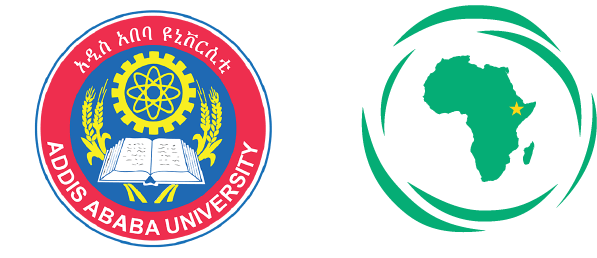No words can express the moral outrage caused by the extreme global inequity caused by COVID-19.
Poor countries, and groups that historically experienced inequity have been particularly affected. For example, black people on both sides of the Atlantic have experienced much higher rates of mortality. Women academics are more likely to lose their job or to be impacted negatively in their academic careers (The National Academies of Sciences, Engineering and Medicine reports that “the COVID-19 pandemic has negatively affected the productivity, boundary setting and boundary control, networking and community building, and mental well-being of women in academic STEMM”; https://www.nap.edu/download/26061).
The inequity in relation to access to vaccines is the most astounding (Figure below; Source: https://ourworldindata.org/covid-vaccinations). So far, 140 per 100 people have received vaccine in high income countries. The figure for low-income countries is a meagre 6 per 100 people.
This is not just morally bankrupt. It is not smart.
One can hypothesise, with some confidence, that if the world had access to vaccines as soon as they were developed, covid-19 would most likely have ended by now.
This argument is equally relevant to the issue of access to essential medicines to prevent death from common infectious conditions. For example, we know that millions of children in the developing world die needlessly from treatable infectious conditions. These are not human beings just lost for the developing world-they are millions of solutions lost for the world. The current hegemony of health innovation technologies and the economic system by “the halves” has let the world down. This must change.
Would it help to classify innovation technologies into two basic categories? Essential Technologies and Advanced Technologies. Essential technologies would be those that are critical for addressing basic human needs related to securing food products, treating common infectious diseases, and preventing or tackling public health emergencies. We suggest that all nations should have access to essential technologies. As such, we are suggesting that essential technologies should be considered a human rights prerogative. The capacity to produce essential medicines should be part of this consideration. This is probably the single most important input to ensure that the Sustainable Development Goals are achieved.
Access to essential technologies and essential health commodities is not only a moral must but also the smartest thing the world can do to address its major global challenges. CDT-Africa, as a regional platform, works with committed partners to ensure that we have a better trajectory when another pandemic emerges. We also would like Africa to be part of the global solution while tackling its important challenges. We thank sincerely our committed partners. We would also very much welcome new partners interested to work with us sharing the bigger vision of making Africa part of the global solution by building essential technology capabilities.

